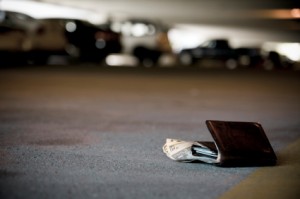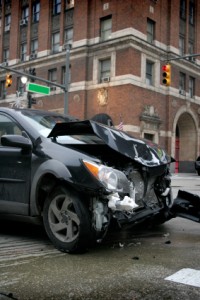Lost Car Insurance Card?
Coping with a lost car insurance card, things to consider, and how to get a new insurance ID card. Get the skinny from a non-agent now.
Ever dealt with a lost car insurance card?
It’s the one you get in the mail every 6 months or so with your policy. Most of us have misplaced our insurance ID card – also known as ‘proof of insurance.’ It’s not uncommon. Reality is, most of us don’t think about our ID card until a police officer stops us and we’re thumbing through the glove box.
Getting A Replacement for a Lost Insurance Card
It’s not the end of the world if you lose your insurance ID card. You get it directly from your insurance company and there’s usually no hassle. It’s easy to get a new ID cards.
First off, call your insurance company. You can get their phone number online or on your policy. Some companies provide this service on the internet. However, you will need your policy information to login to their online system.
Second, once you get a customer service representative on the phone, just ask them for it. Since it is a service request, you don’t even need a licensed agent to send you your ID card. These days, cards can be emailed, faxed, or snail-mailed to customers.
One caveat to this process – some companies may charge you for replacement ID cards. It’s usually just a nominal fee. In my opinion, this is an unnecessary charge. Such nickel-and-dime operations cause the insurance company to lose more goodwill than what they gain from a $5 service charge. If you’re with one of those companies, it’s probably time to shop around. You don’t want a company that sticks it to you every chance they get.
My Experience with ID Cards
When I was an insurance agent, I took many phone calls where my customers probably threw away their policy (and ID cards) before looking in the envelope. It happens. In fact, that was the main reason people customers called our office – a lost insurance card. Whatever happened to it, it got lost in the shuffle and the customer needed a replacement.
I recently called my current insurance company, GEICO, for a new set of ID cards. The representative was very polite and said she could send them out, no problem. That’s exactly the service I expect. Don’t make me feel bad because I misplaced something – just put it in the mail and be done with it. The next time I lose my ID card, that’s the treatment I’ll expect.





